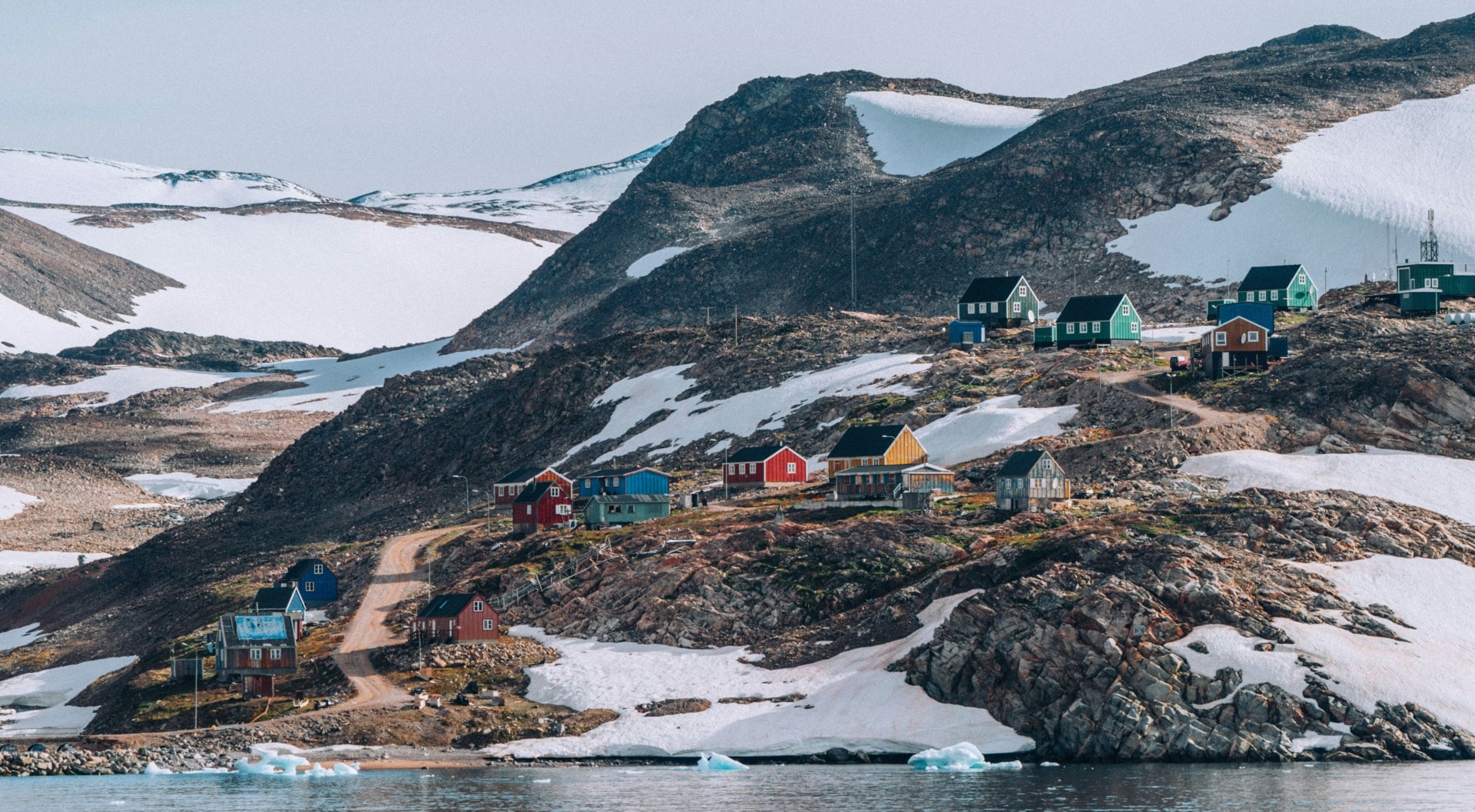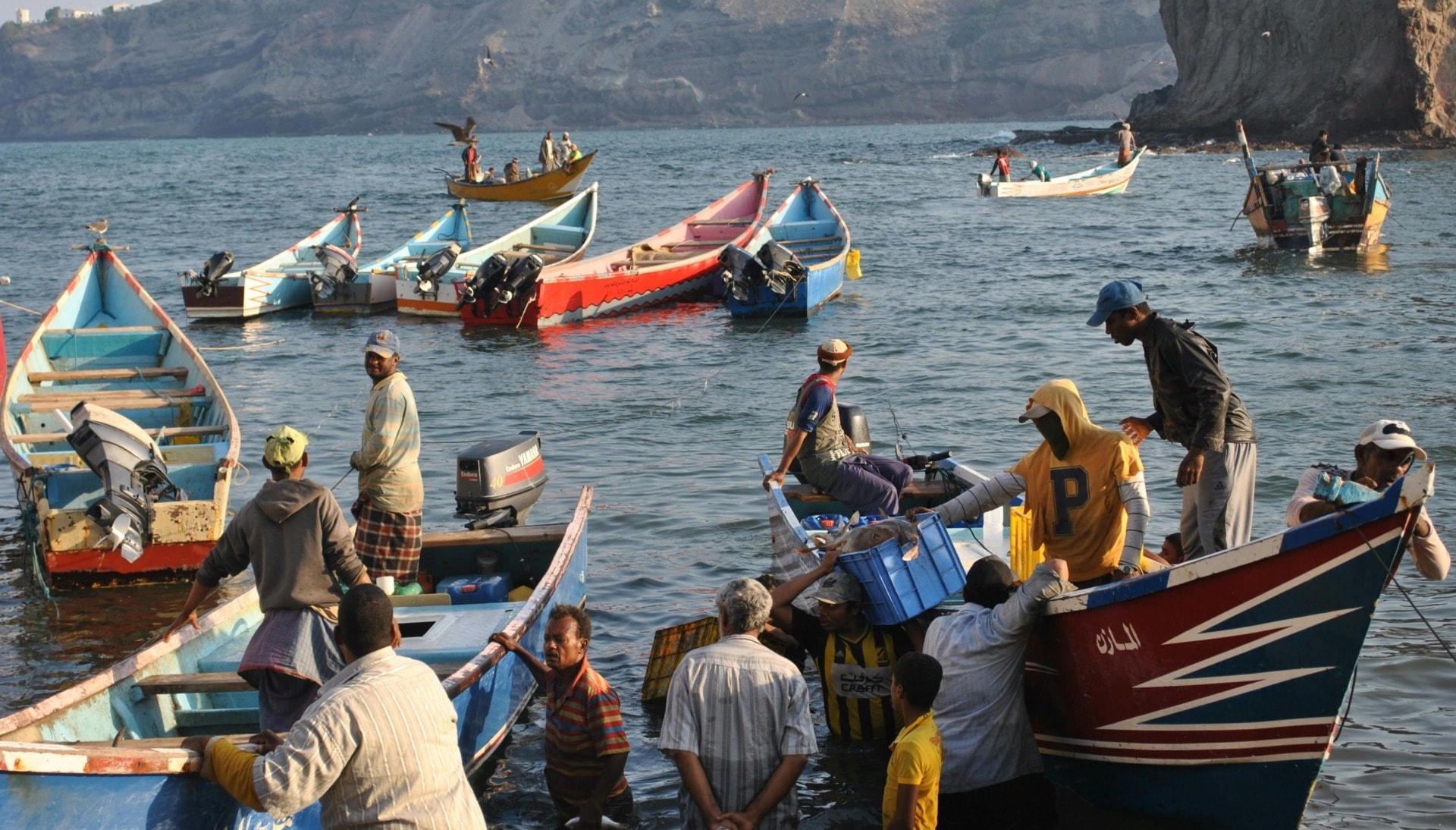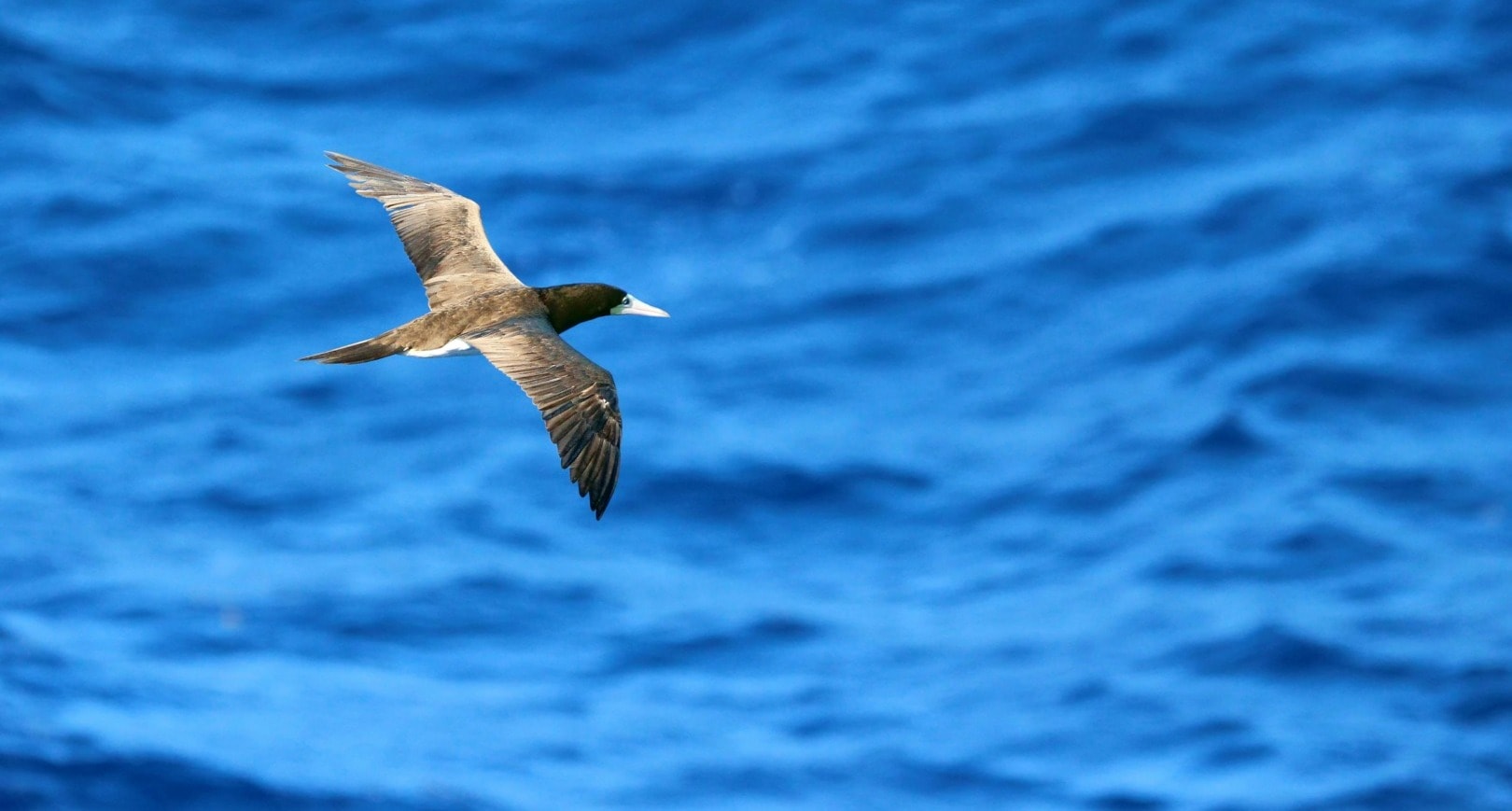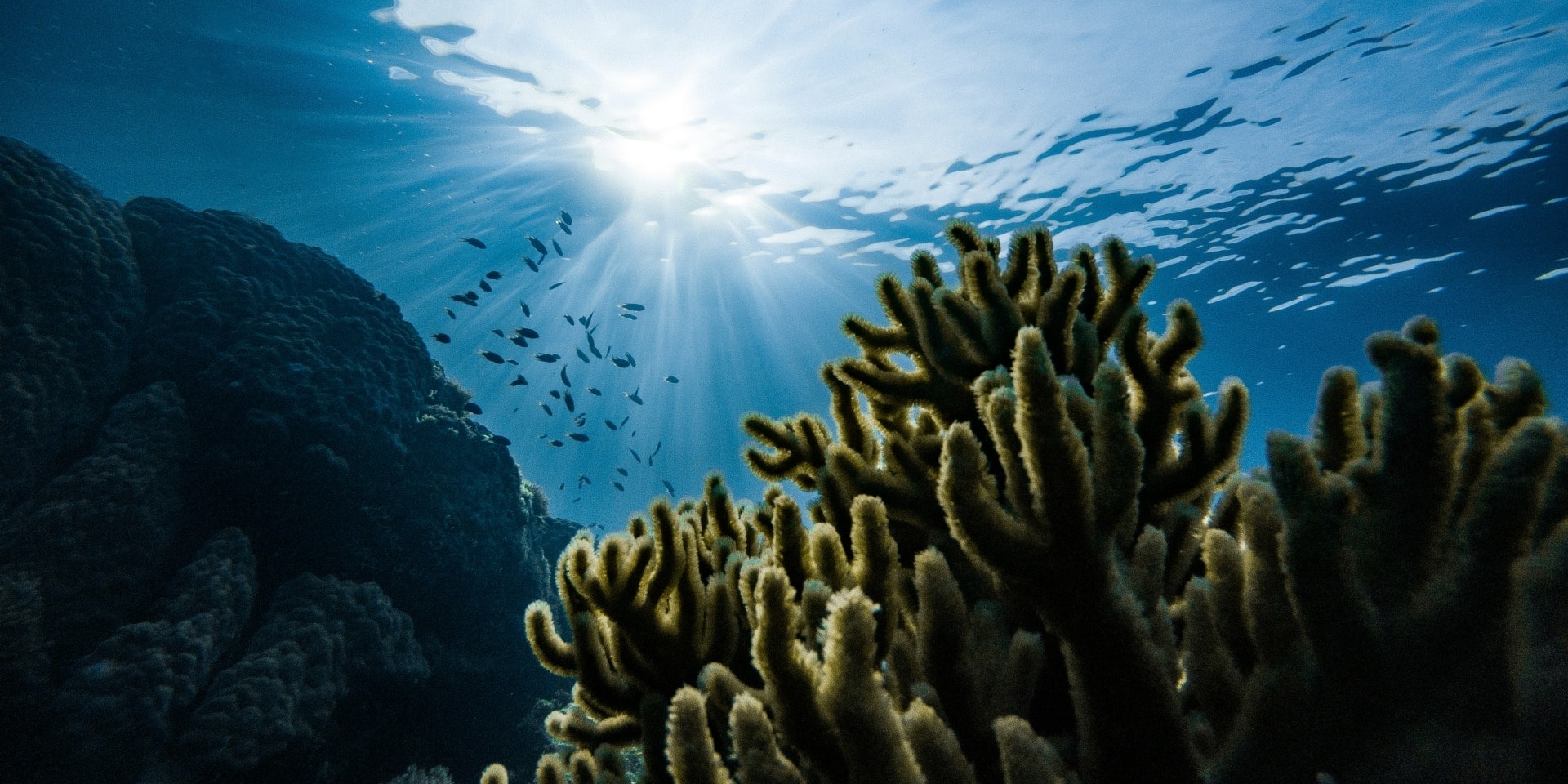Policy Alternatives for Marine Conservation: Sustainable Fisheries, Geopolitics, and Solving Marine Plastic Pollution
The ocean is an invaluable resource. Arguably the largest energy source on the planet. It’s also one of the biggest sources of entertainment, hosting a myriad of water sports (find more information about water sports on globosurfer.com). Most importantly, it’s a one shot deal. We can not damage our ocean anymore than what’s already been done. In contrast, our conservation efforts (or lack thereof) impact all communities, coastal or inland, across the planet.
In an age where environmental policy is scarce, change currently is managed by the individual. This is an all call, across the globe, whether your whole village relies on the sale of fresh fish or you’re simply wondering what type of fertilizer to use while watering the lawn, environmental consciousness is your decision. Polluted water adds another step in the process of making water drinkable again. Ocean conservation is not just a coastal community or small island/developing nation problem, its ramifications are felt like waves throughout all corners of the world.
 IN THE PHOTO: Boat house in Manasquan, NJ, USA. PHOTO CREDIT: Daniel Rossi
IN THE PHOTO: Boat house in Manasquan, NJ, USA. PHOTO CREDIT: Daniel Rossi
Organizations such as Save the Whales are not a new phenomena. Humans have been relentlessly trying. Have we exhausted our ideas? Who is monitoring the metric of success? Is there even one?
This, to an extent, is the preface of the problem that many organizations and political spheres fail to address. Not intentionally, researchers and scientists are often diving right into the fathoms before mapping out the logistics of a standardized “north star”. Institutions must increase transparency, with a focus on aggregated efforts, in order for their researchers to comfortably share their data across jurisdictions. Conservation efforts must be made by community leaders without a partisan divide.
UN Initiatives
The United Nations launched their first annual Ocean Conference this past summer in an effort to perpetuate the much needed conversation on ocean conservation. This step forward provided civil society organizations, government delegations, and business entrepreneurs the venue to discuss and network ideas.
The conference served as the new hub for promoting all aspects of oceanic influence. Creators from all backgrounds were presented with the opportunity to unify their efforts. More importantly, the conference allowed for discourse on how ocean policies must be mandated and implemented. This conference, was a critical step forward toward combining siloed individual organizational efforts with one another.
Among the many government delegations and business professionals in attendance were some of the world’s leading computer scientists and engineers. The technology experts hosted interactive dialogue events where new breakthroughs were showcased in areas including spatial mapping, data collection, and design management.
These concepts have been recognized in academic literature in recent decades. Specifically, advancements using Geographic Information Systems (GIS) have been proven to further the development in coastal and maritime management. An exploratory research article published in Coastal Zone ‘87 described the rapid increase GIS systems played in the facilitation of coastal policy making decisions. Fairfield (1987) noted the benefits technology can bring into the policy process, “Using GIS techniques to plan, model, and implement coastal management progress allows limited financial and managerial resources to be more effectively coordinated” (pg. 1024).
 IN THE PHOTO: Trapani, Sicily, Italy. PHOTO CREDIT: Daniel Rossi
IN THE PHOTO: Trapani, Sicily, Italy. PHOTO CREDIT: Daniel Rossi
The use of GIS helps managers save scarce monetary resources. With the money saved, institutions can efficiently allocate human capital and research new technology to drive policy changes. This chain reaction catalyzes both public and private sectors and promotes a goal to do more with less. These focus areas were prominent during the interactive dialogues at the Ocean Conference.
Examining other countries successful marine conservation policies provides a baseline of reference. With this in mind, there is no simple way to tackle employing new environmentally friendly mandates. However, a detailed analysis and review of examples that work is a step that could potentially save resources.
Research published in East Coast Fisheries Law and Policy described how policies often have effects beyond the borders where regulations are binding law. Scholars argue that the impacts are felt on the geopolitical level, specifically with countries sharing adjacent borders. Schaefer (1987) noted how the United States adopted similar legislation after Canada altered a Sea Scallop fishery regulation, “the U.S. amended its Plan to provide for the minimum count change and included a new implementation date” (pg. 12).
Using this as a cornerstone for example, countries do not, in fact, have to reinvent the wheel. This trend can be argued as a result of geopolitical influence. According to the BBC over 40 countries have taken the lead with banning plastics bags and have not seen negative impacts on economic growth. The European Union, or EU, has stepped forward and declared a “war on plastic waste.”
Discussions on incentivizing a market for recycling plastics are frequent amongst progressive political leaders who are concerned with excessive unregulated production. EU representatives stress they do not want total overarching control but think responsibility can lie on the countries’ own legislative systems. Member States are considering a plastic tax, however, so people present an argument that our societies need plastics. But environmental analysts are, at a minimum, saying the industry must produce plastics conducive for recycling markets.
Private Sector
Another route governments and local politicians can explore is involving incentives for private sector corporations to operate within environmentally friendly conditions.
 IN THE PHOTO: Fishing boats in Port of Trapani, Sicily, Italy. PHOTO CREDIT: Daniel Rossi
IN THE PHOTO: Fishing boats in Port of Trapani, Sicily, Italy. PHOTO CREDIT: Daniel Rossi
Although this concept is not a new phenomenon, the implementation on a global level could bring redeemable results. For example, New Jersey, a coastal state located in the northern Mid-Atlantic region of the US, employed attributes of economic incentives and internalized responsibility by passing the Electronic Waste Management Act (PPT). The uniqueness of this statute mandates the industry to internalize the responsibility of recycling the same amount of electronic waste (e-waste) as the number of new electronics produced by the corporation. According to the statute’s language, companies must “implement and finance the collection, transportation and recycling of” used/discarded TVs and other covered electronic devices (N.J.S.A. 13:1E-99.96(e)(4); 13:1E-99.103(e)(5)).
The internalization of responsibility for financing proper recycling methods within the electronics industry is an important legislative victory towards eco-consciousness. Legislative advances like this could be used within the ocean conservation setting.
For example, plastic manufacturers who create virgin plastic, should be mandated to subsidize the cost of recycling. This would respectively limit the diffusion of microplastics into our ecosystems and oceans.
Offering economic incentives or financing businesses that reuse plastics is another innovative way to solve massive environmental blunders like the The Great Pacific Ocean Garbage Patch. New forward-thinking policies provide citizens with the security that leaders are regulating excess production and keeping the ocean and its ecosystems in mind.
The seemingly derogatory implication of classifying environmental issues as liberal tangents needs further evaluation.
We must change the way we think about our planet.
 IN THE PHOTO: Seagull at Manasquan Inlet, NJ. PHOTO CREDIT: Daniel Rossi
IN THE PHOTO: Seagull at Manasquan Inlet, NJ. PHOTO CREDIT: Daniel Rossi
Although proper financial responsibility is necessary to carry out new policies and agendas, it’s time to rank environmental and ocean conservation in high regards. Substantial progress can be made through the practice of social engineering.
Social engineering changes the psychological thought process behind societal issues. Societies have exemplified tremendous feats of social engineering already. For example, social stigmas transformed the once everyday behavior of smoking cigarettes inside restaurants into an abnormality and condemned practice. As precedent, this momentum behind transforming society’s thought processes must be transposed towards the political polarization of ocean conservation and environmentalism.
After all, you live here too, regardless if you refuse to look at the big picture, the tide is always changing.
 Photographer
Photographer
Daniel studied Fine Art Photography at Pratt Institute in Brooklyn, New York USA. He is a freelance photographer and set dresser on T.V and Film production in New York City.
Daniel is an avid fisherman, surfer, sailor, and environmentalist who uses photography to raise awareness for maritime issues.
Editors note: The opinions expressed here by Impakter.com columnists are their own, not those of Impakter.com














